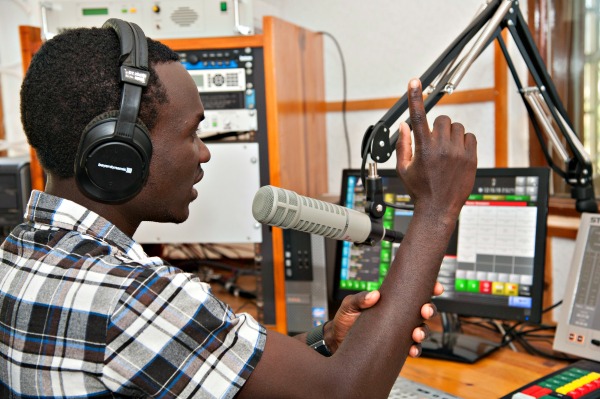
This year we supported our peers at Jesuit Refugee Service (JRS) India to address the education gaps that impact Chin and Afghan urban refugee children in Chanakya and Tilak Nagar, two districts in New Delhi. With a specific focus on girls’ empowerment and education – the year-long project followed a right-based approach to advocate for educational rights of vulnerable refugee children and enable their access to skills and resources that can fulfil their learning needs.
The JRS project partnered with existing informal and vocational education initiatives with vulnerable urban refugee children and female youth. Focused at addressing two key areas, the project empowered refugee girls and teachers through both formal and informal knowledge building within their community. Chin and Afghan refugee girls associated with JRS Learning Centres, who are marginalised by their gender and the socio-cultural constraints within their communities were mobilised and trained to form a community-based Girls Club. These Girls’ Clubs are about championing education and support young girls to strive for personal and professional development through solidarity, learning and a social support network.
Members of these Girls’ Club were trained in a number of Radio Podcasting including radio communication techniques, speaking skills, audio modulation and content creation. As well as upskilling, the programme also equipped refugee girls to articulate their thoughts, expand their social network, build rapport, build refugee girls support networks, and learn about issues that affect their lives. This will enable them to raise awareness on key issues pertaining to learning rights of refugee children.
The trained Girls Club members will use techniques of podcasts and storytelling which will be published on JRS digital platforms and circulated widely. Through JRS Media Coordinator support, the refugee girl advocates will be encouraged to develop content that highlights the challenges faced, potentials of refugee children and learning opportunities available to refugee children, and girls in the host community. It is hoped that this digital advocacy will bring about positive transformation in the community’s cultural perceptions.
The second key area of the project focused on Teacher Training. Training will build local capacities with relevant teaching, mentoring and psychosocial support skills that enhances their teaching methods and enables trust-based relationships with their students who are often subjected to hostile life circumstances in the host community.
In addition, trained teachers will also promote attainment of education rights of refugee girls and deprived children by offering a safe learning experience at JRS centres. Chin and Afghan urban refugee girls are often forced to drop out of host community school on account of sociocultural challenges and inadequate financial capacities. This increases their future vulnerability. The training will enable JRS teachers to continue offering learning support to refugee children and young adults and create localised support systems which champion girl’s education.
Mary San, 22 years old from Zomi community of Myanmar:
Today I want to say a big thank you for letting me be a part of Radio Podcasting Program. We can share the life of a refugee, we can reconnect with our family and we can help families by sharing their information through radio. We can also share our culture and any other interesting entertainment to the world too. That’s why this project will affect not only my life but the lives of my family and also the people in my community.

